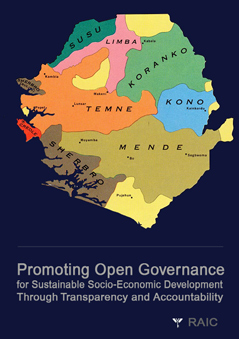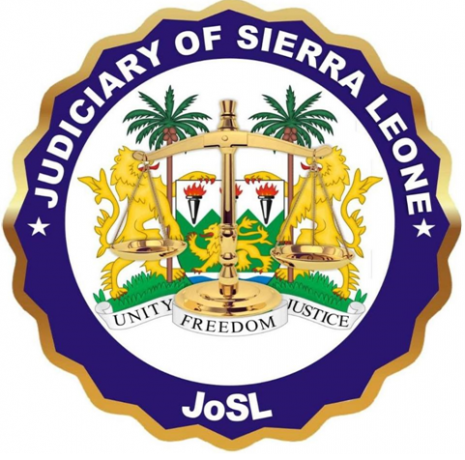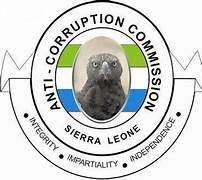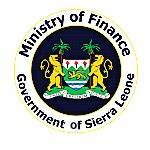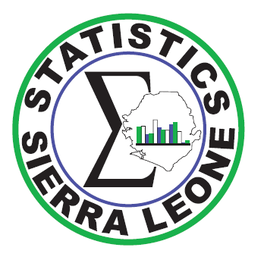The legal foundation for open governance in Sierra Leone is the RAI Act. It is the fulcrum upon which other relevant instruments revolve, guaranteed by Sections 15 and 25 of the national Constitution. The RAI Act itself is statute-based. The Commission has a legal and investigative Unit in charge of ensuring Compliance and Enforcement.
It is entrusted with the following:
- Gives legal opinion and advice to the Commission
- Develops, upgrades, maintains and promotes all legal processes of the Com- mission consistent with enforcement of the Right to Access Information Commission Act
- Establishes the legal structures and procedures to give effect to the Commission’s legal mandate
- Draws up all legal documents of the Commission, including the formalities for the amicable settlement of disputes
- Identifies policies, strategies and method for developing and delivering legal services to RAIC
- Investigates complaints forwarded to the Commission relating to non- compliance by public authorities on the Right to Access Information Act
- Ensures the protection of whistle blowers in public institutions Legal advice, guidance and direction were among the major priorities of the Com- mission in the year under review.
In its effort to ensure public awareness and compliance with the provisions of the RAI Act, the Commission in reliance on its Legal Unit adopted different methods of approach. As it embarked on public engagement using various channels, it developed guidelines and schemes for the very provisions that obligate compliance in the RAI Act. These include proactive disclosure of information, records management, open data and the exemptions to these provisions. The Commission held interactive sessions on different occasions on different platforms with public authorities through roundtables reiterating their statutory obligations. In strengthening its Compliance and Enforcement functions, the Commission undertook the following: Requests and Complaints
Other major components of the RAI Act are the request and complaints provision. In its effort to strengthen these provisions, the Commission processed 112 FO1 requests/complaints (64 of which were processed since the appointment of the new leadership of the Commission in October 2018, (in other words in the period under review) from individuals, corporate institutions, Banks, the Media, Civil Society and Academics, directed at Government Ministries, Departments and Agencies, Private sector, Local Government, Local NGOs and International NGOs. The legal team has been actively involved in proffering legal advice to the different regional offices in handling the various requests from the public but the level of compliance by the Public Authorities is far from the desired level.




